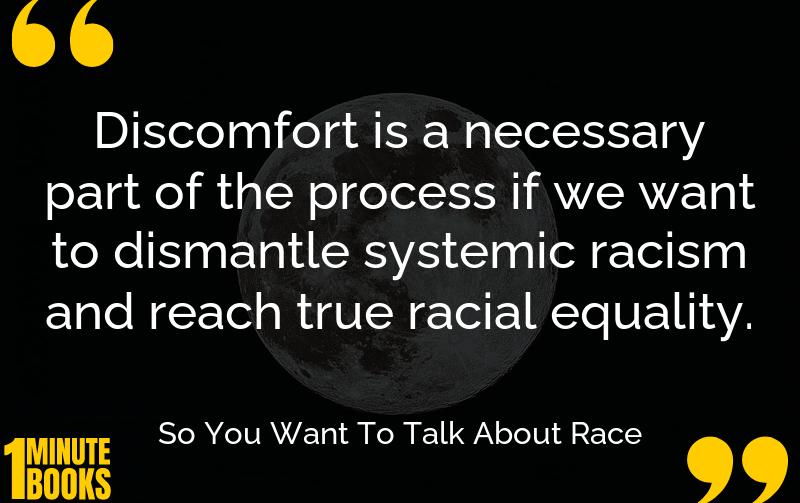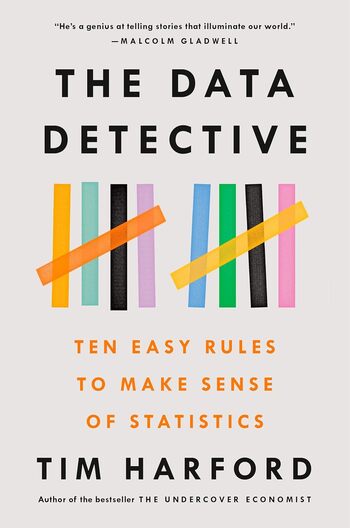
Ijeoma Oluo’s book explores systemic racism in the US, urging conversations about race. It discusses intersectional social justice, rejects superficial equality, and focuses on systemic changes over individual mindsets.
Main Lessons
- Systemic racism is embedded in US society, affecting marginalized communities through policies and cultural norms.
- Conversations about race are uncomfortable but necessary for social progress and dismantling racial inequality.
- Intersectionality is crucial: numerous factors like race, gender, and class intersect, affecting individuals’ experiences.
- The fight for social justice must include diverse groups, addressing multiple forms of oppression simultaneously.
- Class and race are both important in social justice efforts; they should not be mutually exclusive considerations.
- Racism should be addressed at the systemic level, rather than focusing solely on changing individual attitudes.
- Policies like affirmative action aim to counter systemic exclusion rather than provide unfair advantages.
- Microaggressions, although small, accumulate, harming individuals’ mental health and opportunities over time.
- Ignoring racial privilege allows the cycle of inequality to continue unchallenged; acknowledging and addressing it is key.
- Racial stereotypes perpetuated by media influence societal behavior and perceptions, reinforcing systemic injustice.
- Cultural appropriation deepens racial injustice by commodifying marginalized cultures without respect or understanding.
- Youth affected by systemic racism express justified anger; support from older generations is vital for systemic change.
- Addressing racial issues requires emotional labor from people of color, who deserve recognition and support from allies.








